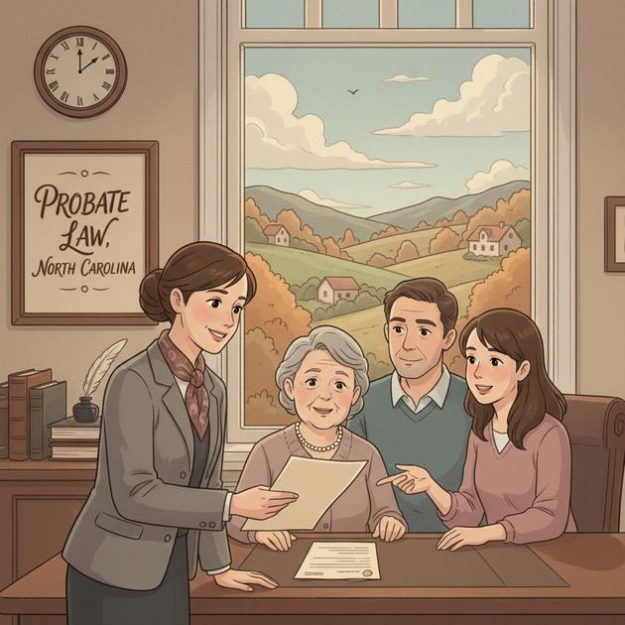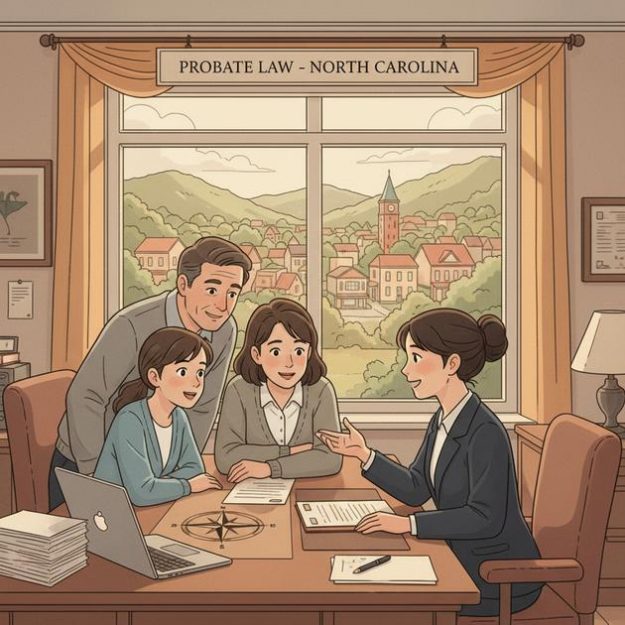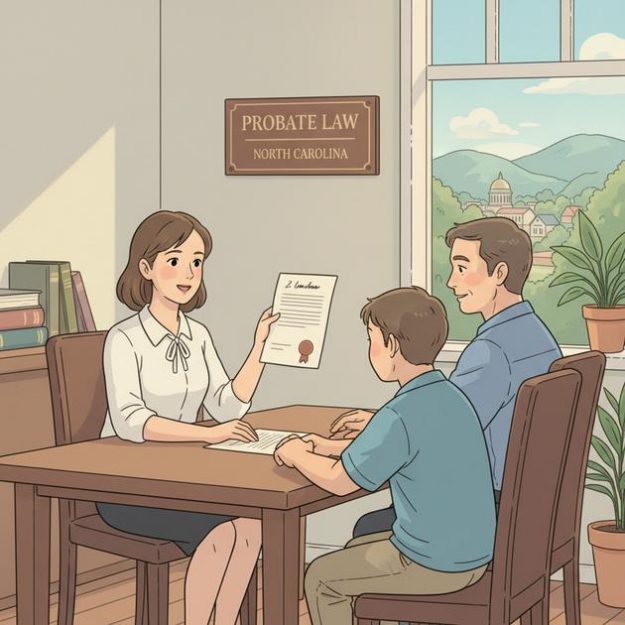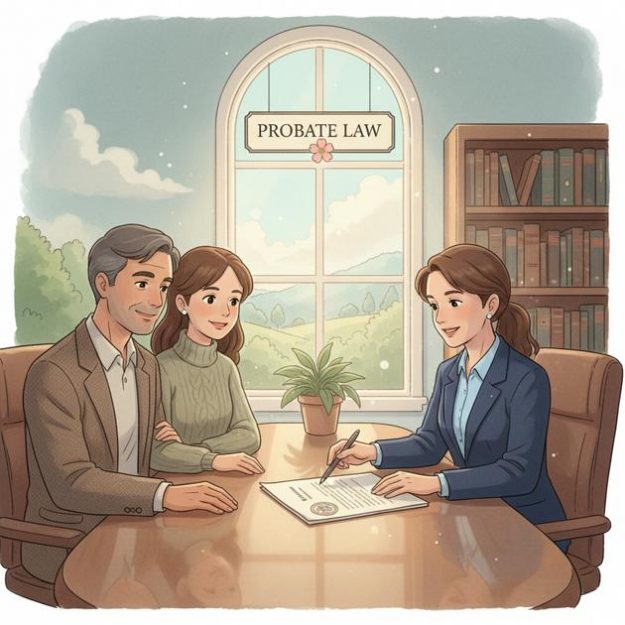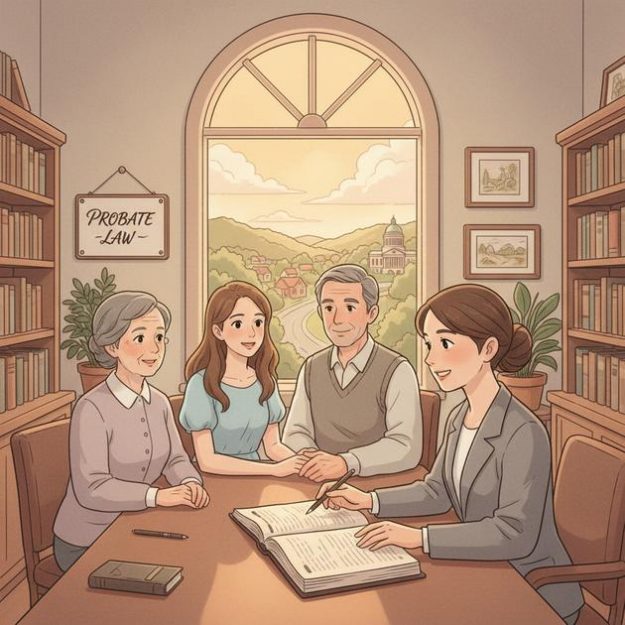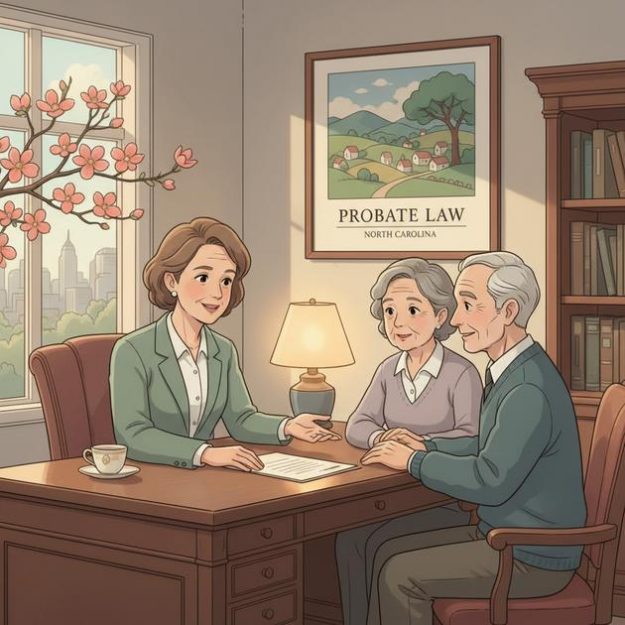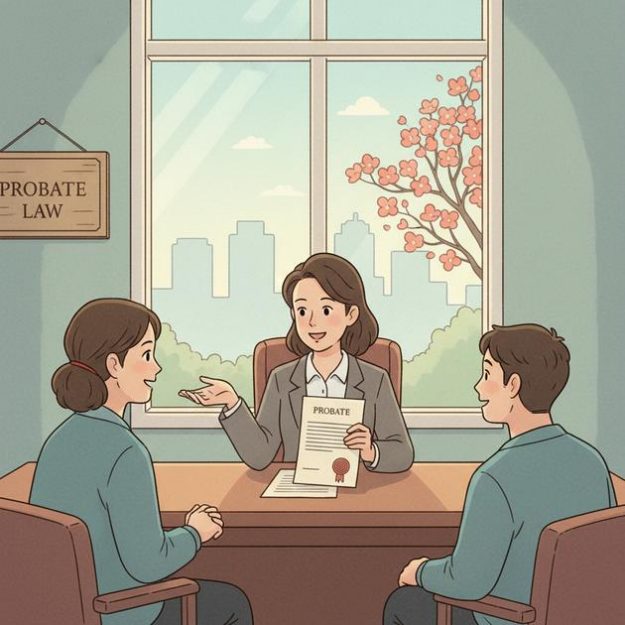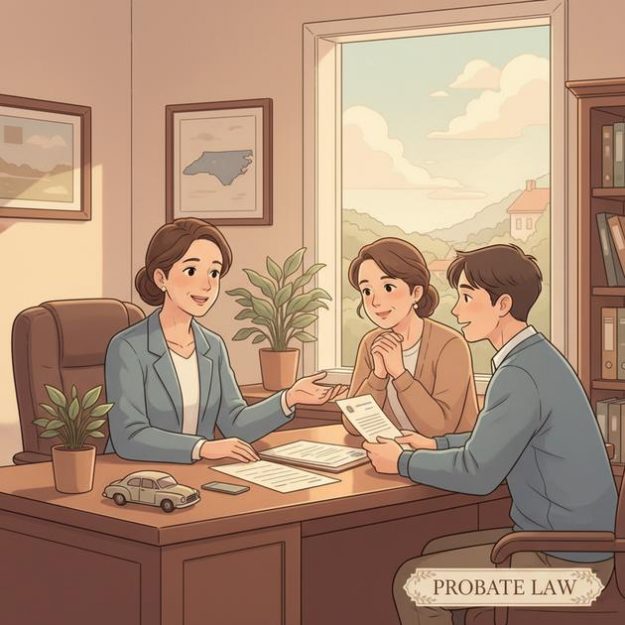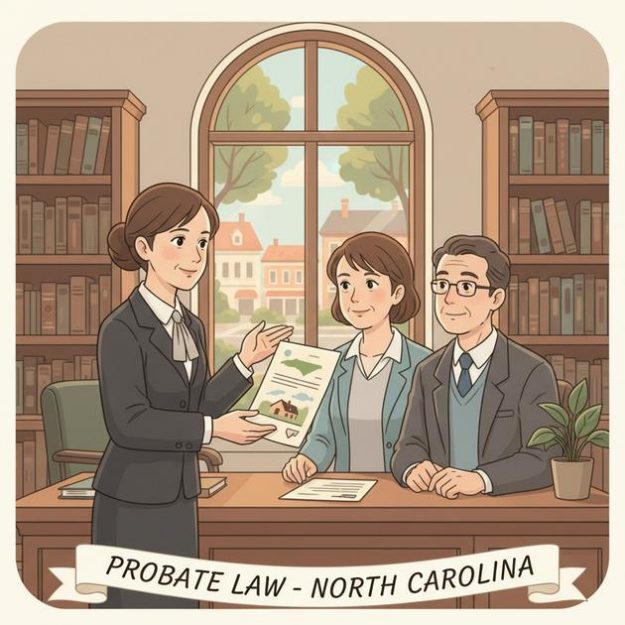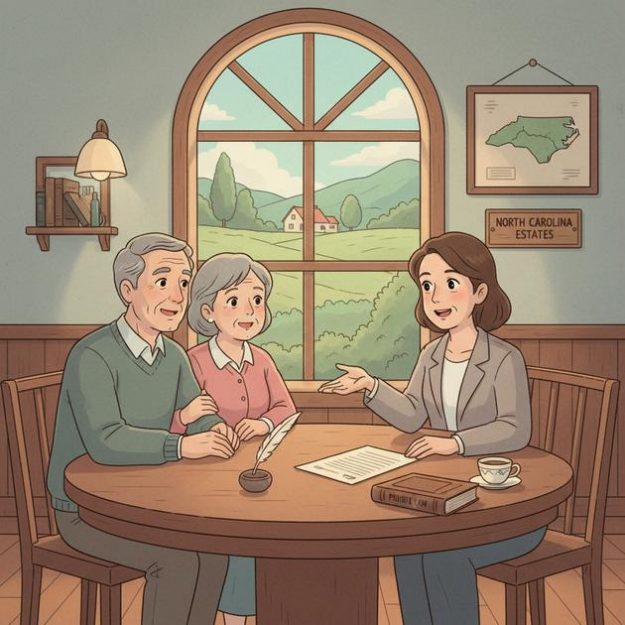What’s the process to petition the court to appoint me as administrator when no probate was opened after 18 months? NC
What’s the process to petition the court to appoint me as administrator when no probate was opened after 18 months? – North Carolina Short Answer In North Carolina, a person who has priority to serve (often the surviving spouse, then heirs) can ask the Clerk of Superior Court in the proper county to open an…

